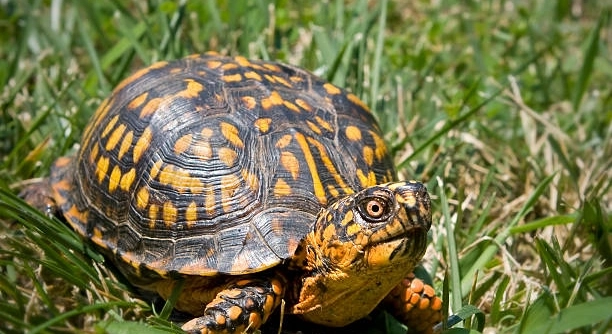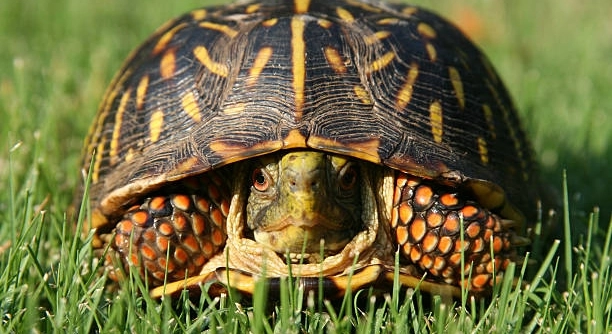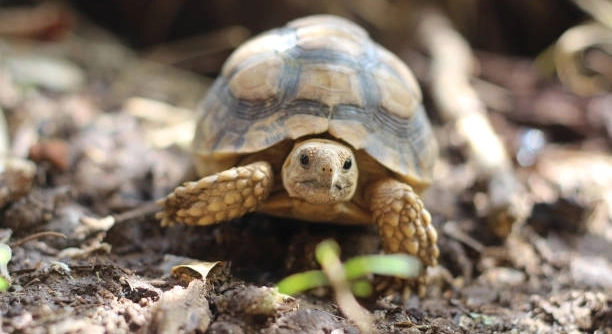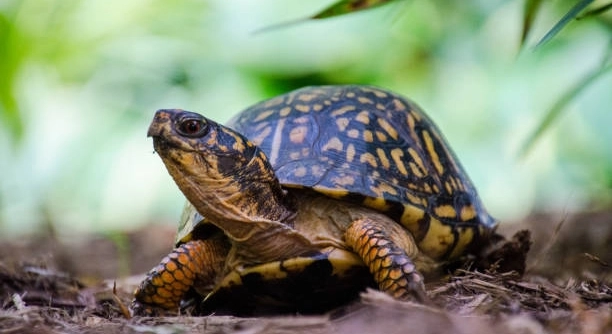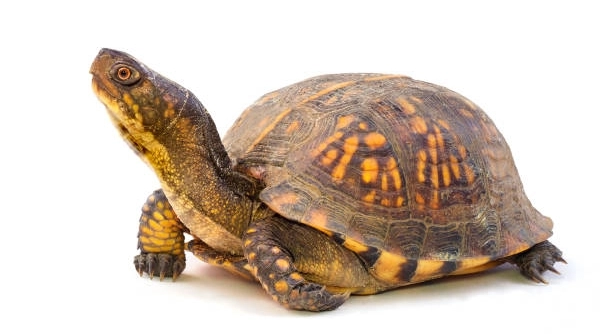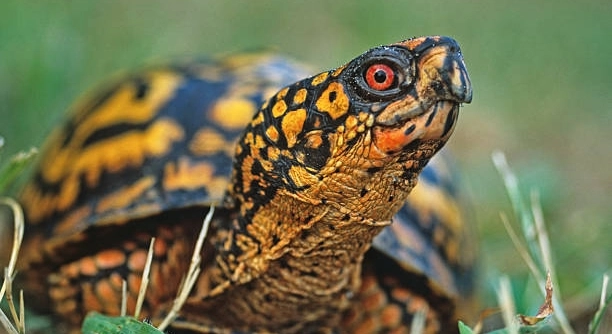How to Recognize Stress in Box Turtles (+Relief Tips)
Many turtle owners are concerned about their pet’s well-being and might not realize when their box turtle is stressed. Recognizing stress early can make a big difference in their health and happiness. Stress in box turtles often results from environmental changes, improper diet, or lack of proper care. Identifying signs such as lethargy, loss of … Read more

